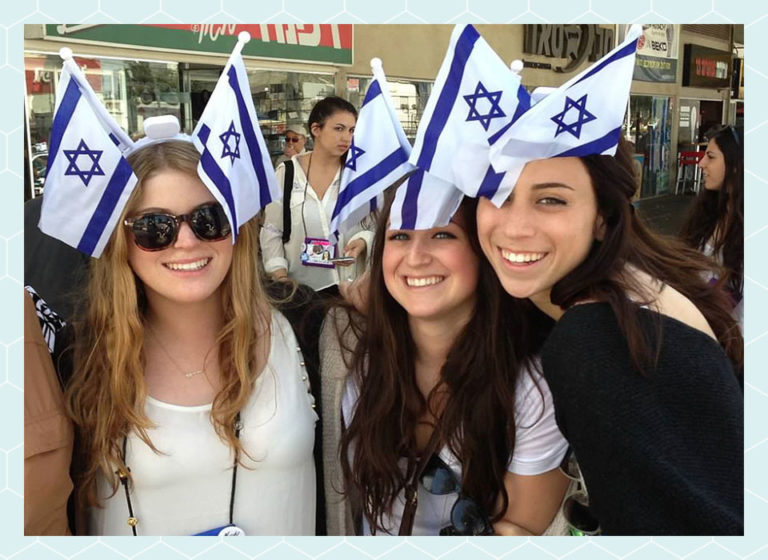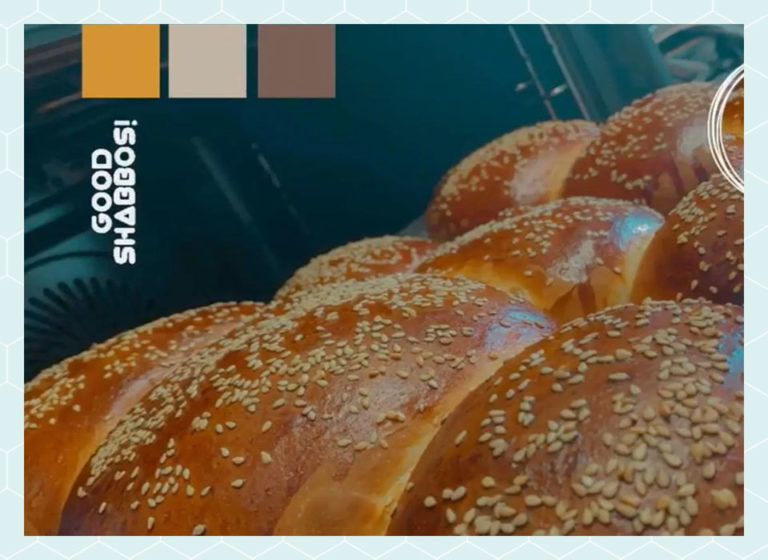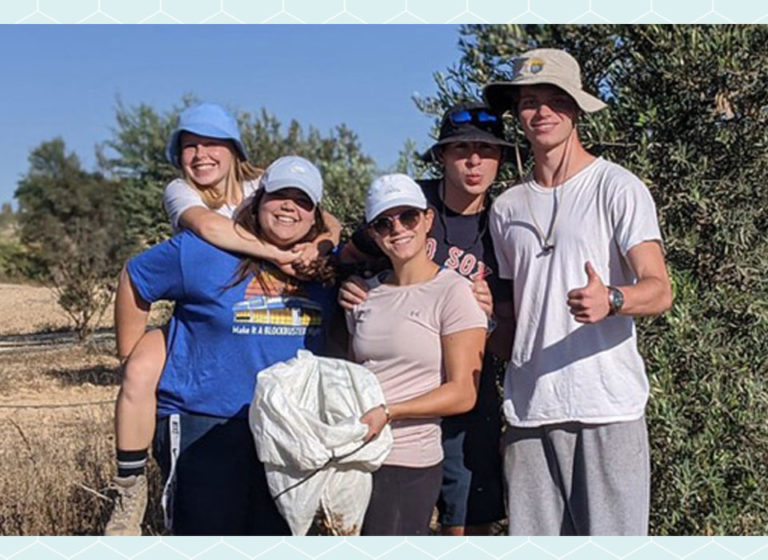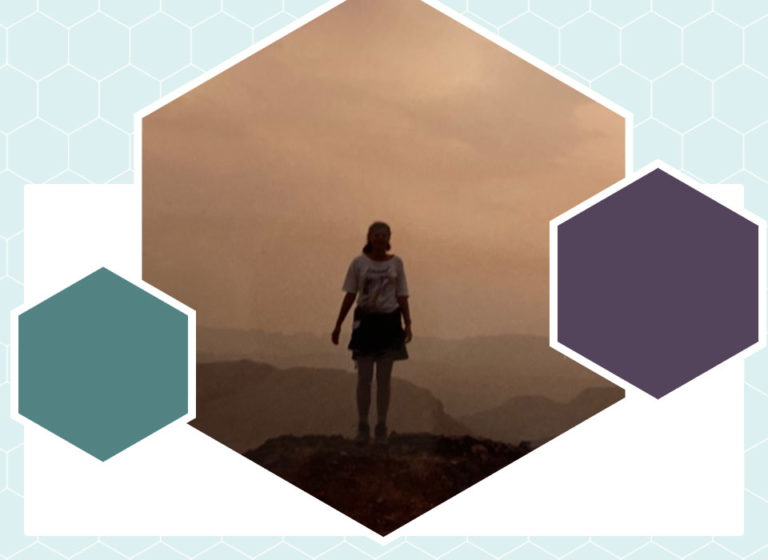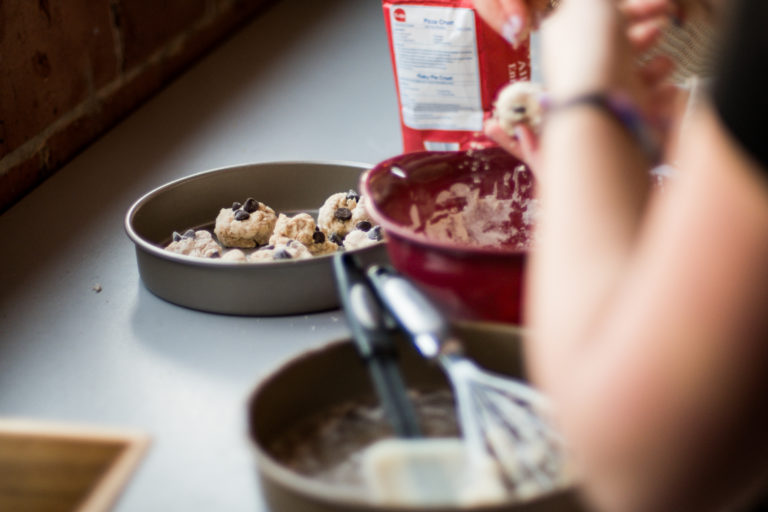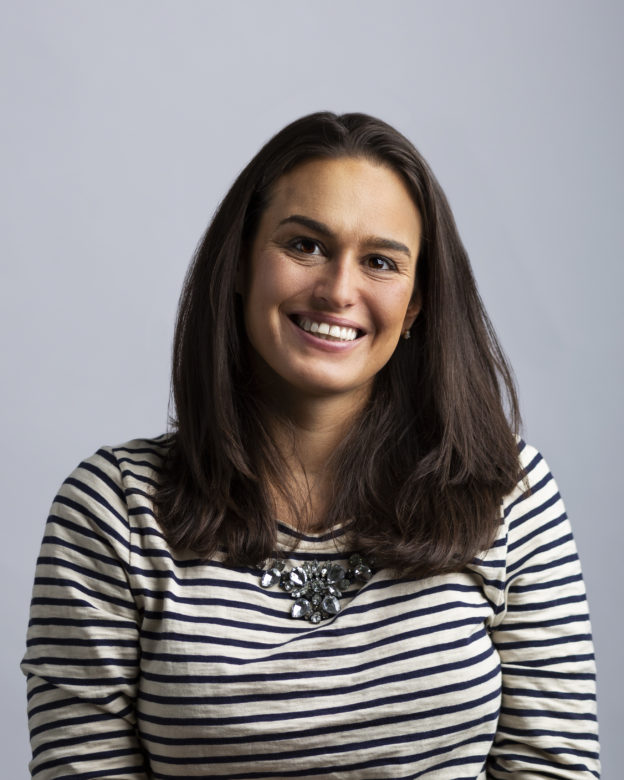
I wanted to take a moment to write with some bittersweet news. For the past four years, it has been my greatest honor and privilege to serve as the Director of JumpSpark. I have come to know and love so many teens, parents of teens and youth professionals and I have been blown away by the amazing things happening here in our community. Watching how strongly the Atlanta Jewish teen community has responded to the challenges of the past year has been a humbling process to be a part of. That is why it is so hard to share that recently, I was offered and decided to accept, the role of North American Education Director for the Diller Teen Fellowship.
The Diller Teen Fellows program is an immersive leadership program inviting a select group of Jewish 10th and 11th graders from 6 continents and 32 communities to step up, lead their communities, and repair the world. My role as North American Education Director will be to guide the educational vision and experience for the fellowship, working with the amazing Diller team to build an international network of empowered Jewish teen leaders. While I am so sad to be leaving JumpSpark, this was not an opportunity I could pass up.
While I am beyond excited for this new endeavor and adventure, it is of course, not without some painful consequences. I am so proud of the work JumpSpark has done over the past four years to grow and support the Atlanta Jewish teen landscape. At JumpSpark, we are in the relationship business and I have built so many amazing relationships through this work. I am struck at this moment by the words from Pirkei Avot, “Make for yourself a teacher; acquire for yourself a friend, and judge every person on the positive side”. For the past four years, every member of the Atlanta Jewish community has been my teacher helping me to grow both personally and professionally. I have developed many deep friendships and have come to see the good in every person and organization in our community. I will miss working with all of you every day.
There are so many people that I need to thank, but I want to first say thank you to the amazing JumpSpark team. The deep commitment each of you shows to your work and to the Atlanta Jewish community has driven me every day to be better. I am so proud to have worked with all of you and wish you nothing but success moving forward. I also want to thank Eric Robbins, Rich Walter, and Jori Mendel from the Jewish Federation of Greater Atlanta for being champions of the work of JumpSpark and mentors to me personally on this journey. I also would be remiss if I did not thank everyone involved with the Jewish Teen Education and Engagement Funder Collaborative, the national umbrella under which JumpSpark falls. Being a part of this amazing group of educators and leaders has been the opportunity of a lifetime and I treasure all I have been able to learn from each of you. Finally, thank you to all JumpSpark Community Partners who are doing the holy front-line work of supporting the teens, parents of teens, and youth professionals in our community. You are all so amazing and our community is so lucky to have you.
As I say often, I truly believe that teens are the center of the Jewish world. My teen years in the Jewish community set me on the path that I am on today and everyone who works with teens knows we are not just building the Jewish future; we are investing in these amazing people today. JumpSpark has strived to create more defining moments for Jewish teens in Atlanta to inspire them to build strong Jewish identities and a lifelong commitment to the Jewish community. We have amplified teen voices and supported them in advocating for themselves.
The Jewish Federation of Greater Atlanta is committed to continuing the work of JumpSpark as a core priority. Annie Fortnow, JumpSpark Engagement Manager, will be taking on additional responsibilities for the rest of this program year. In August, she will also be transitioning off the team to attend graduate school at Brandeis University in the Hornstein Jewish Professional Leadership Program and is honored to participate in the Wexner Graduate Fellowship/Davidson Scholars Program alongside her graduate studies. We are excited that JumpSpark has been able to support our professionals in their growth to become lifelong leaders in the Jewish communal field. A plan is forming for next year and beyond as we continue prioritizing Jewish teen education and engagement at the Jewish Federation of Greater Atlanta.
As a note of practicality, I will be remaining in Atlanta and my new position will keep me working in the teen world. I look forward to continuing to be working with, thinking with, and creating with all of you for many years to come!
From Strength to Strength,
K





